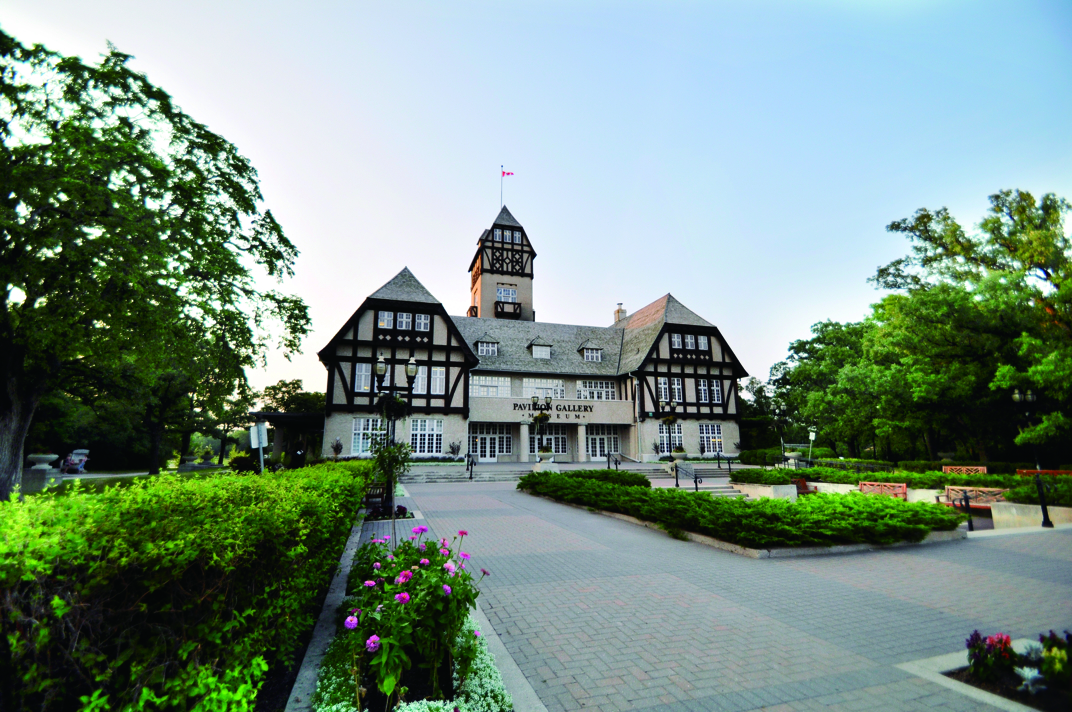Winnipeg weather is not friendly to our roads, as the constant melting and freezing breaks down the integrity of the pavement, leading to our all-too-familiar cracks and potholes. The University of Manitoba is currently studying the types of road fillers that will be the most effective in Winnipeg climate.
A 2011 citizen survey conducted by Market Dimensions found that roads and infrastructure were one of the top three ways the City of Winnipeg could improve life for the citizens. This recent study from the University may help the City grant the wishes of Winnipeggers.
Road fillers are used to repair damages in the pavement, increasing the amount of time the roads will last. This is done as an alternative to repaving the entire road.
In reality, these fillers have not always meet expectations and University of Manitoba pavement engineers have begun to study the types of pavement road fillers, evaluating various fillers under a variety of conditions to determine the effects that stress and weather can play on the road. U of M pavement engineers installed six different pavement road fillers side-by-side on Portage avenue to understand exactly how each will react to the same conditions of heat, cold weather, salt, sand, and traffic.
Ahmed Shalaby, a University of Manitoba engineering professor, explained that the bonding of the road fillers and the pavement is essential to maintaining the integrity of the roads. The road filler needs to be able to expand as the road expands and shrink with the road. Without proper bonding the filler will fall apart and become useless.
Shalaby also explained, courtesy of the Winnipeg Free Press, that the technique of applying the road fillers is imperative to expanding the lifespan of our city streets. Applying the fillers when the roads are wet causes them to improperly bind to the existing pavement. This means that construction could be delayed during showers and storms.
The City of Winnipeg, however, does not have its own laboratory to test out these fillers. The City has spent considerable amounts of money on road repair in the past. In 2011 the City of Winnipeg spent approximately $47.9 million on roadway construction and maintenance. The preliminary budget for 2012 allocates approximately $50.3 million to this cause. Within this broad budget, $18.6 million is specifically set aside for local streets construction and maintenance in 2012.
It could be more cost efficient to permanently fund a lab to do the necessary research, rather than constantly repairing roads because of improperly used materials and techniques. The allocated funds for roadway construction and maintenance, however, are restricted under a limited budget.
According to Shalaby, a significant amount of the budget is going into expansions of new city roads. He states that many roads in Winnipeg are past due for repairs or replacements. Shalaby explains that, due to expansion into new areas, it can be difficult for the City to manage all the pavements in Winnipeg.
City officials and the U of M research team are planning to meet to discuss the results of their report later this month.




